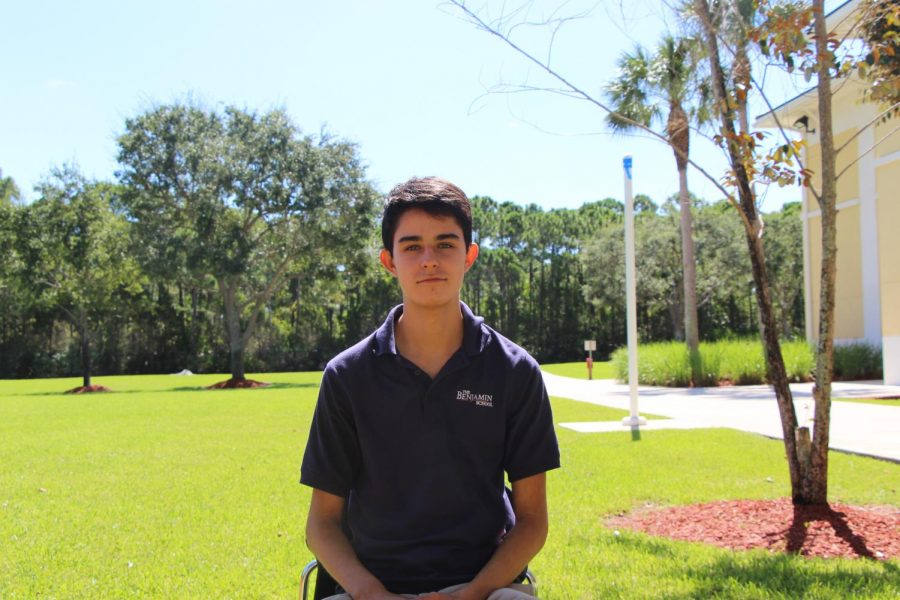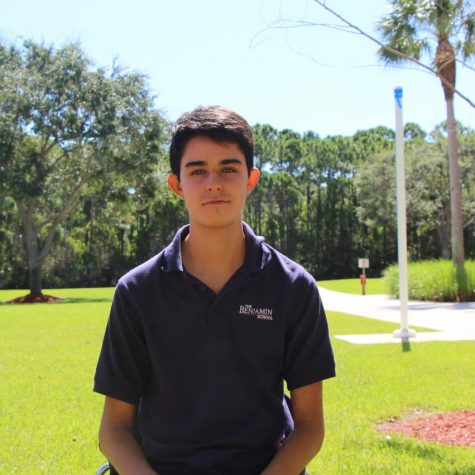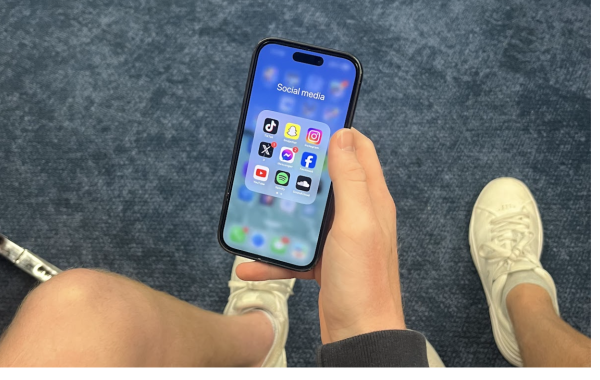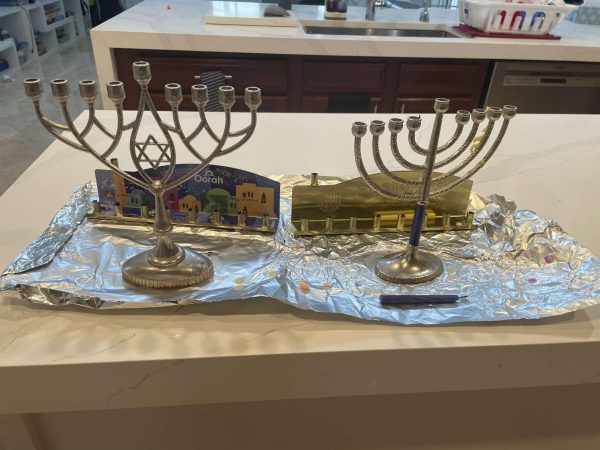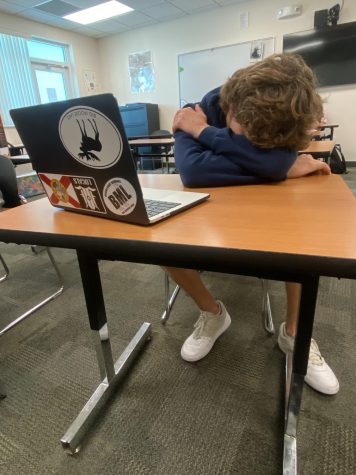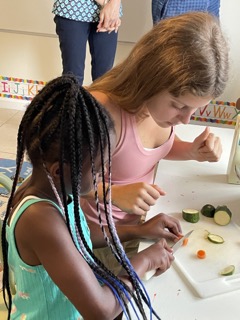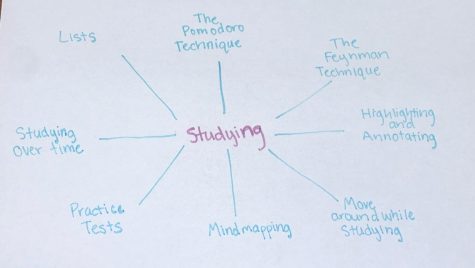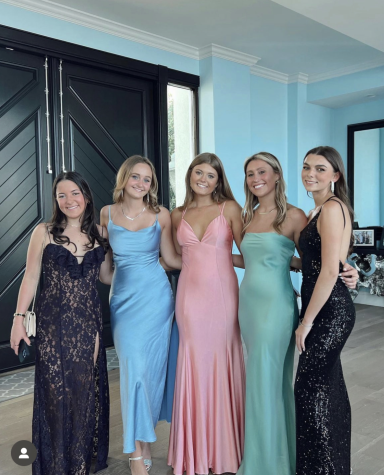Editor Takes on Internal Culture War, Describes his On-Going Experience
March 25, 2022
“We choose to go to the Moon in this decade and do the other things, not because they are easy, but because they are hard, … because that challenge is one that we are willing to accept,” declared President John F. Kennedy at Rice University in 1962.
In the past few weeks, as I’ve followed the Russian invasion of Ukraine and the resulting global outrage, I’ve reflected on Kennedy’s words–also spoken in a time of great tension between the West and the Soviet Union.
His statement reminded me of the words of Col. Sviatoslav Stetsenko of the Ukrainian Army’s 59th Brigade, as reported by The New York Times. “Few expected such strength from our people because, when you haven’t slept for three days, and when you only have one dry ration because the rest burned up, when it’s negative temperature out and there is nothing to warm you, and when you are constantly in the fight, believe me, it is physically very difficult. But our people endured this,” he said.
What have I, an American of Ukrainian descent, endured in this already bloody conflict? Not very much.
I remain several thousand miles away from the invasion in the safety of my home. I have never heard shelling; I have never heard the ominous wail of an air raid siren; I have never felt the ground shake underneath my feet as cruise missiles struck the houses of
my neighbors. But my grandparents, who live in eastern Ukraine, have. The battle for freedom from Russia is being fought not far from their Soviet-built apartment building. The irony is not lost on me.
As a very much external fight raged on, at one point, I felt helpless because I could do very little to support the country of my ancestors except check in on my grandparents and donate to the Ukrainian cause. I also felt a tinge of guilt.
In recent weeks, I have also seen and felt a different kind of fight emerge: an internal one. I am just as Russian as I am Ukrainian–if not more. I speak Russian at home; I attend a Russian summer camp; I eat Russian food. In light of the atrocities of the Russian military and the unprovoked nature of the Russian offensive, I’ve come to wonder which culture defines me and what it means to have the two sides of my heritage, which are so closely intertwined, at war with each other.
Sometimes when I talk in Russian, I feel like I am speaking the language of the invader, but then I remember that millions of Ukrainians, such as in the besieged city of Kharkiv, speak Russian too; they eat Russian food too. Thus, if I “renounced” my Russian heritage because of my horror at the Russian actions in Ukraine, by proxy would I not be renouncing the other part of my heritage as well? That I cannot do.
So, I must embrace both sides of my heritage, no matter how much I cannot take another day of this war. I can be both Ukrainian and Russian and still denounce the actions of the Russian government.
As a student of history, I must have perspective, though, and realize my cultural plight is not the first of its kind nor is it the most painful. During World War II, Americans of Japanese ancestry were forced into internment camps and had their assets frozen by
their own government. My situation is nowhere near as serious, and I will never experience such an inherently un-American stripping of my civil rights and liberties. Today, the topic of Japanese internment is a rarely talked about blip on the radar of American history.
During his speech at Rice, President Kennedy challenged Americans to consider the scope of human history if it were condensed into just half a century. In this time frame, “Last month electric lights and telephones and automobiles and airplanes became available. Only last week did we develop penicillin and television and nuclear power,” he stated. These points are merely blips in the history of man, but noteworthy enough to be mentioned. I wonder whether the war and cultural reckoning presently occurring in Ukraine will be a blip that everyone remembers or one that fades away, becoming the part of human history Kennedy did not mention.


